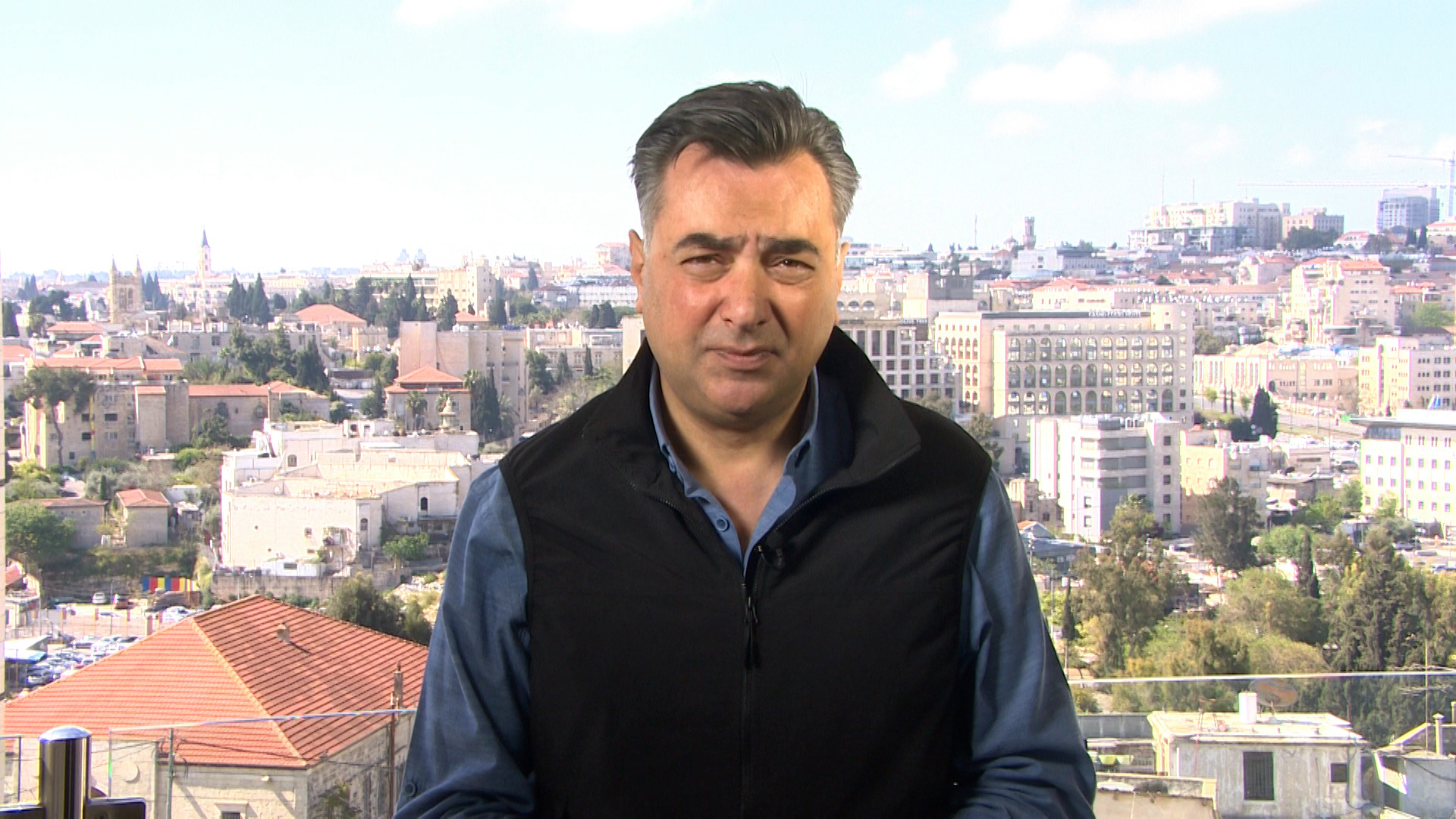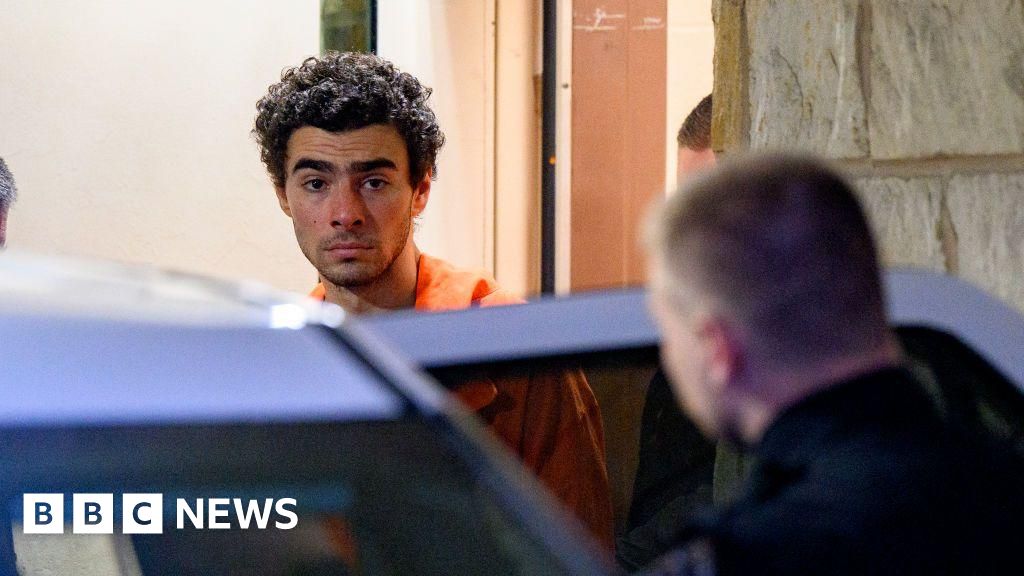Why’s Netanyahu so insistent that Israeli control Gaza-Egypt crossing? | Israel-Palestine conflict News
The Philadelphi Corridor has become a point of contention in ceasefire talks as Israel’s war on Gaza grinds on and the Palestinian death toll approaches 41,000.
In late May, Hamas and Israel appeared close to a deal that would have seen an Israeli withdrawal from Gaza, the release of about 90 captives held in Gaza by armed groups and the release of hundreds of Palestinians from Israeli prisons.
However, Israeli Prime Minister Benjamin Netanyahu then added four non-negotiable conditions, including keeping control of the Philadelphi Corridor, a 14km (8.5-mile) strip of land bordering Egypt.
On Monday, Netanyahu doubled down: “The axis of evil needs the Philadelphi Corridor, and for that reason, we must control [it].
“Hamas insists for that reason that we not be there, and for that reason, I insist that we be there.”
Avoiding a ceasefire?
Hamas may have smuggled items, potentially even weapons, via Philadelphi in the years before October 7, analysts told Al Jazeera, but Israel had not been concerned with controlling it.
This has led critics to believe Netanyahu’s 11th-hour demand is related more to keeping the war on Gaza going than any real security concerns.
“It’s basically an excuse that Netanyahu is using at this point,” Zachary Lockman, a Palestine-Israel expert at New York University, told Al Jazeera.
“He’s looking for any pretext he can find to avoid a hostage or ceasefire deal.”
Netanyahu has come under domestic criticism from figures like his defence minister and fellow Likud party member, Yoav Gallant.
“The fact that we prioritise the Philadelphi Corridor at the cost of the lives of the hostages is a moral disgrace,” Gallant told ministers, according to The Times of Israel.
Some military figures have criticised Netanyahu’s decision from a strategic standpoint.
Israeli army Chief of the General Staff Herzi Halevi said keeping soldiers at the Philadelphi Corridor would expose them to “unnecessary risk”.
Borrowed time
According to analysts, Netanyahu understands he is operating on borrowed time, that the end of the war could be the end of his premiership.
“Netanyahu is a total failure on national security and foreign policy,” Alon Pinkas, a former Israeli ambassador and government adviser, told Al Jazeera, “but he’s a good politician.”
This is why he will keep multiple fires burning – in Gaza, the occupied West Bank, Lebanon and beyond – until he gets to the point where he feels he can win another election, analysts said.
On October 7, Hamas led attacks on southern Israel, during which 1,139 people died and about 240 were taken captive. Some 90 captives are still held in Gaza and most are believed to be alive.
He is not there yet, and public opinion in Israel has fluctuated since October.
A poll conducted in July found 72 percent of Israelis wanted Netanyahu to resign immediately.
But another poll from last week showed support for Netanyahu trailing his main rival, Benny Gantz, by 1 percentage point.
That gain for Netanyahu, however, was before Sunday when the bodies of six captives from Israel were found in Gaza and thousands of Israelis took to the streets to protest against the government.
“Israeli society is very fragmented, and there’s anger coming from different sides. … Maybe Netanyahu believes that as long as there is an existential threat from abroad, the turmoil within the country as a whole can be held together through that pressure,” Omar Rahman, a fellow at the Middle East Council on Global Affairs, told Al Jazeera.
“As soon as those pressures and threats dissipate, the divisions and calls for him to step aside and internal tension will rise again.”
Is Netanyahu trying to change Camp David?
While Israeli boots in Gaza may be a deal breaker for Hamas, Philadelphi is also a deal breaker for another party.
Egypt, which is a mediator in the ceasefire negotiations, opposes Israel’s military presence in the corridor because it would violate agreements between the two countries.
It also has internal considerations. Egyptians are staunchly pro-Palestinian. Many want their government to do more and would be unhappy with an armed Israeli presence on the border.
But because Egypt is one of a few Arab countries that have normalised relations with Israel, neither internal pressure nor its refusal of Israel’s Philadelphi demand have made it threaten to end those agreements.
The two countries signed a peace treaty in 1979, a year after the Camp David Accords, which famously brought together then-Egyptian President Anwar Sadat and Israeli Prime Minister Menachem Begin.
This first peace deal between Israel and an Arab country ensured Egypt support and financial assistance from the United States: $2.1bn a year – $1.3bn in military aid and $815m in economic help.

“Egypt has made noises, but I don’t think it wants to renounce [Camp David] because it is tied to its connection to the US,” Lockman said.
Egypt, however, has been increasingly vocal over Israel’s actions in the West Bank.
In May, it joined South Africa’s genocide case against Israel before the International Court of Justice as Israel ignored international warnings not to launch an offensive in the southern Gaza governorate of Rafah, where about half of Gaza’s population had been displaced.
On Tuesday, it slammed Netanyahu, saying he was misleading the Israeli people and reaching for excuses to hold up the ceasefire negotiations.
The previous day, Netanyahu had accused Egypt of not securing the Philadelphi Corridor, allowing tunnels to be dug under it and providing “oxygen” to Hamas.
Egypt is “clearly unhappy with this and wants some sort of deal as well”, Lockman said, adding that unless Netanyahu is persuaded otherwise, it is “essentially beyond their control”.
But even the prospect of an unhappy neighbour and internal and international criticism have not budged Netanyahu on his Philadelphi demands so far.
Check out our Latest News and Follow us at Facebook
Original Source







